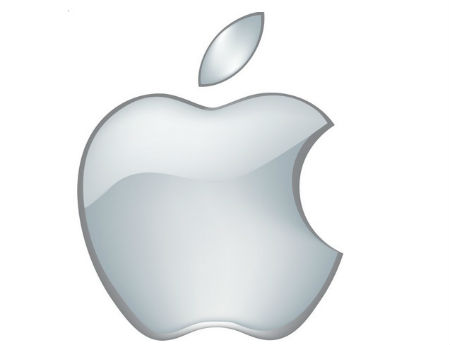Apple OTT-TV Service Delayed to 2016: Report
The smarter way to stay on top of the multichannel video marketplace. Sign up below.
You are now subscribed
Your newsletter sign-up was successful

In the latest turn in the seemingly endless Apple OTT-TV saga, the CE giant is delaying the debut of its planned live TV service to sometime in 2016 amid more snags in its negotiations with programmers, Bloomberg reported Thursday, citing unnamed people familiar with the situation.
Sources told Bloomberg that licensing talks with programmers such as CBS and 21st Century Fox are “progressing slowly,” and that it’s having trouble getting the kind of pricing it would need to offer a bundle of channels for about $40 per month. The report said Apple also doesn’t think it has the capacity yet to deliver the kind of quality over-the-top service it envisions.
Bloomberg’s report is comes more than two months after Re/code said similarly that Apple was eager to launch a TV service this fall but was bogged down in negotiations that could delay the service until later in 2015 or sometime next year. At the time, an industry source said the service Apple has in mind would feature national reach of live TV broadcast channels, versus being limited to select markets, and said Apple would be “hard-pressed” to launch a meaningful pay TV service by this fall because of the aforementioned lack of distribution deals with some major programmers.
Talks are going so slowly, Bloomberg said, that Apple won’t announce details about the service at its September 9 event in San Francisco, meaning the service will miss a chance to debut during the fall TV season. However, Apple does plan to use the event to intro a new Apple TV device, Bloomberg said.
Apple's been asked to comment on the report.
The current Apple TV already supports several authenticated TV apps, which require pay TV subscriptions, as well Showtime’s recently launched standalone OTT service and HBO Now.
If and when Apple does launch an OTT-TV service, it will have some company, as the market has already seen the debut of Sling TV, Dish’s OTT service for cord-cutters that starts at $20 per month, and Sony PlayStation Vue, which now offers multichannel packages in seven markets, and is working on a new set of a la carte TV offerings. But it would also be showing its face as the traditional pay TV industry gets gashed by an accelerating cord-cutting trend.
The smarter way to stay on top of the multichannel video marketplace. Sign up below.
As for the purported capacity issue, industry sources have confirmed earlier reports that Apple and Comcast had been talking for years about a deal that would enable an Apple-powered device to offer a mix of live TV and other subscription video services in partnership with the MSO over managed IP connections that did not intermingle with capacity set aside for high-speed broadband service. But those talks never got very far, and Comcast has instead pushed forward with X1.
